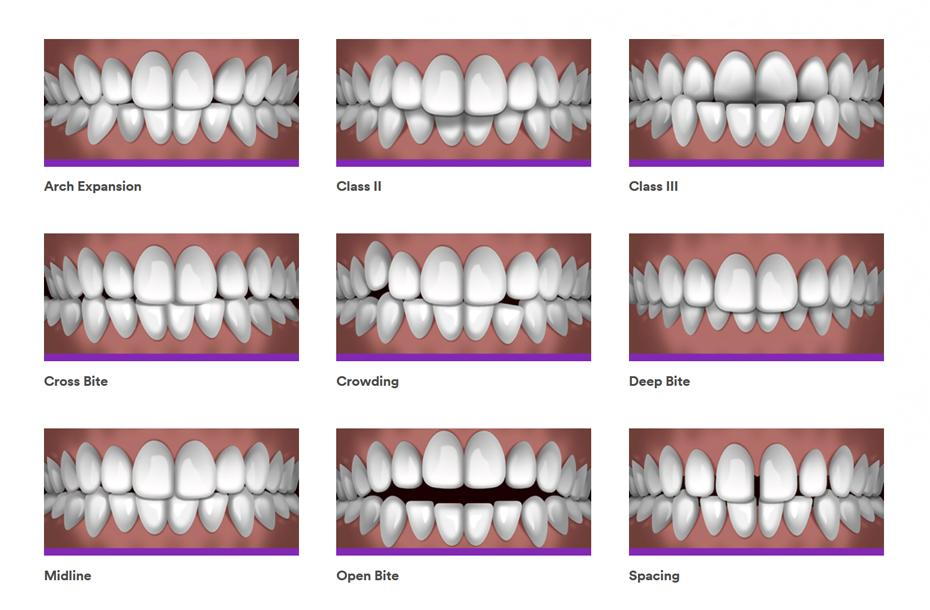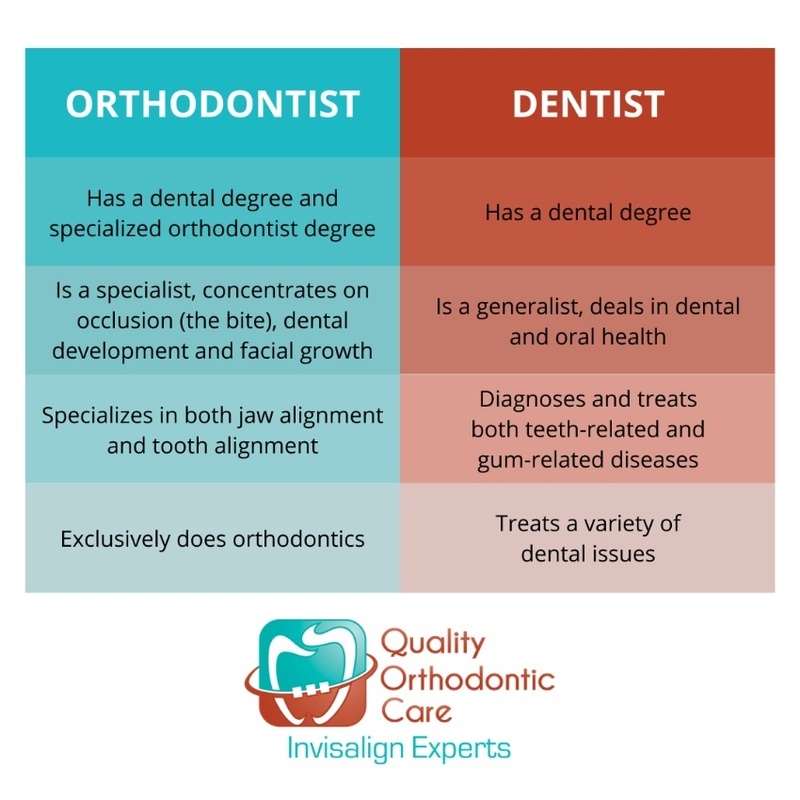Some Of Causey Orthodontics
4 Easy Facts About Causey Orthodontics Shown
Table of ContentsNot known Details About Causey Orthodontics The Only Guide for Causey OrthodonticsCausey Orthodontics - The FactsCausey Orthodontics Fundamentals ExplainedGetting The Causey Orthodontics To Work
Overlooking occlusal connections, it was common to get rid of teeth for a variety of dental concerns, such as malalignment or congestion. The idea of an undamaged teeth was not commonly appreciated in those days, making bite correlations appear unnecessary. In the late 1800s, the concept of occlusion was essential for producing dependable prosthetic substitute teeth.As these principles of prosthetic occlusion advanced, it became an invaluable tool for dental care. It was in 1890 that the job and impact of Dr. Edwards H. Angle began to be felt, with his payment to modern-day orthodontics particularly significant. Focused on prosthodontics, he showed in Pennsylvania and Minnesota prior to routing his focus towards dental occlusion and the therapies required to preserve it as a typical problem, hence becoming known as the "papa of contemporary orthodontics".

The concept of suitable occlusion, as postulated by Angle and integrated right into a category system, enabled a change in the direction of treating malocclusion, which is any kind of inconsistency from regular occlusion. Having a full collection of teeth on both arches was highly sought after in orthodontic treatment due to the need for exact relationships between them.
The smart Trick of Causey Orthodontics That Nobody is Discussing
As occlusion became the crucial priority, facial percentages and looks were neglected - family orthodontics. To attain ideal occlusals without using exterior forces, Angle postulated that having ideal occlusion was the finest method to get maximum face visual appeals. With the passing of time, it ended up being rather obvious that even an outstanding occlusion was not ideal when considered from a visual viewpoint
It came to be obvious that orthodontic therapy might readjust mandibular growth, causing the development of functional jaw orthopedics in Europe and extraoral force procedures in the United States. Nowadays, both useful appliances and extraoral gadgets are used around the globe with the goal of amending growth patterns and forms. Consequently, going after real, or at the very least boosted, jaw partnerships had actually become the main objective of treatment by the mid-20th century.
Facts About Causey Orthodontics Revealed
 Until the mid-1970s, dental braces were made by wrapping metal around each tooth. https://www.biztobiz.org/professional-services/causey-orthodontics., it became possible to instead bond metal brackets to the teeth.
Until the mid-1970s, dental braces were made by wrapping metal around each tooth. https://www.biztobiz.org/professional-services/causey-orthodontics., it became possible to instead bond metal brackets to the teeth.This has actually had significant effects on orthodontic treatments that are provided frequently, and these are: 1. Appropriate interarchal relationships 2. Proper crown angulation (pointer) 3.
The benefit of the design depends on its bracket and archwire mix, which requires only very little wire bending from the orthodontist or medical professional (affordable orthodontist near me). It's aptly called hereafter function: the angle of the slot and density of the bracket base inevitably identify where each tooth is positioned with little requirement for extra control
About Causey Orthodontics
Both of these systems employed identical braces for each and every tooth and required the flexing of an archwire in 3 airplanes for finding teeth in their wanted positions, with these bends dictating supreme positionings. When it concerns orthodontic devices, they are separated right into 2 kinds: detachable and repaired. Detachable home appliances can be tackled and off by the person as called for.

Hence, mostly all modern-day set appliances can be considered variants on this edgewise device system. Early 20th-century orthodontist Edward Angle made a significant contribution to the world of dental care. He produced four distinct device systems that have actually been used as the basis for many orthodontic therapies today, preventing a couple of exceptions.
Causey Orthodontics Things To Know Before You Buy

The wire finished in a thread, and to relocate onward, a flexible nut was utilized, which allowed for a boost in circumference. By ligation, each individual tooth was connected to this large archwire (emergency orthodontist near me). Due to its minimal series of movement, Angle was unable to accomplish accurate tooth placing with an E-arch
These tubes held a soldered pin, which could be rearranged at each visit in order to relocate them in location. Dubbed the "bone-growing home appliance", this contraption was supposed to encourage much healthier bone growth because of its potential for moving force directly to the roots. Applying it proved problematic in truth.